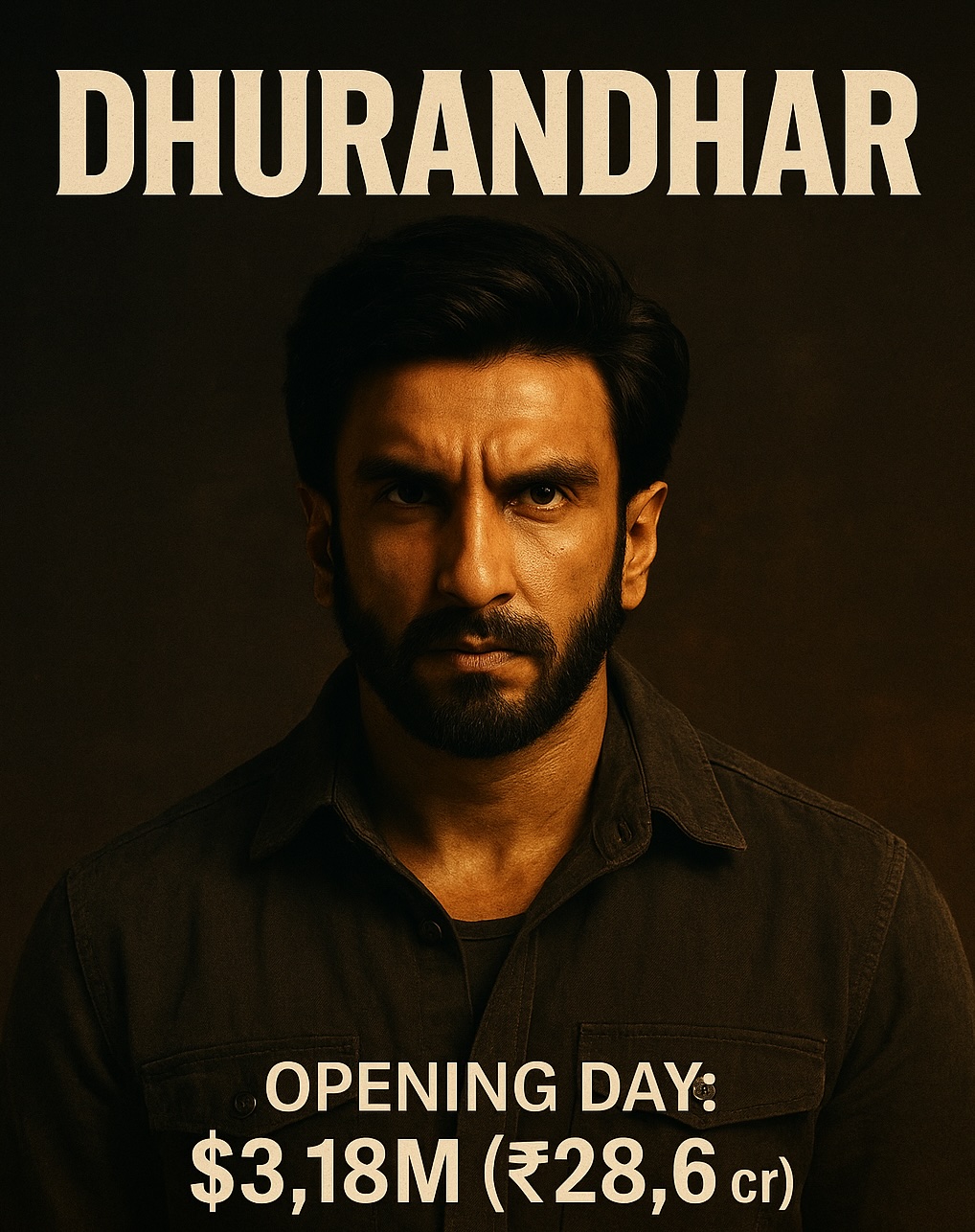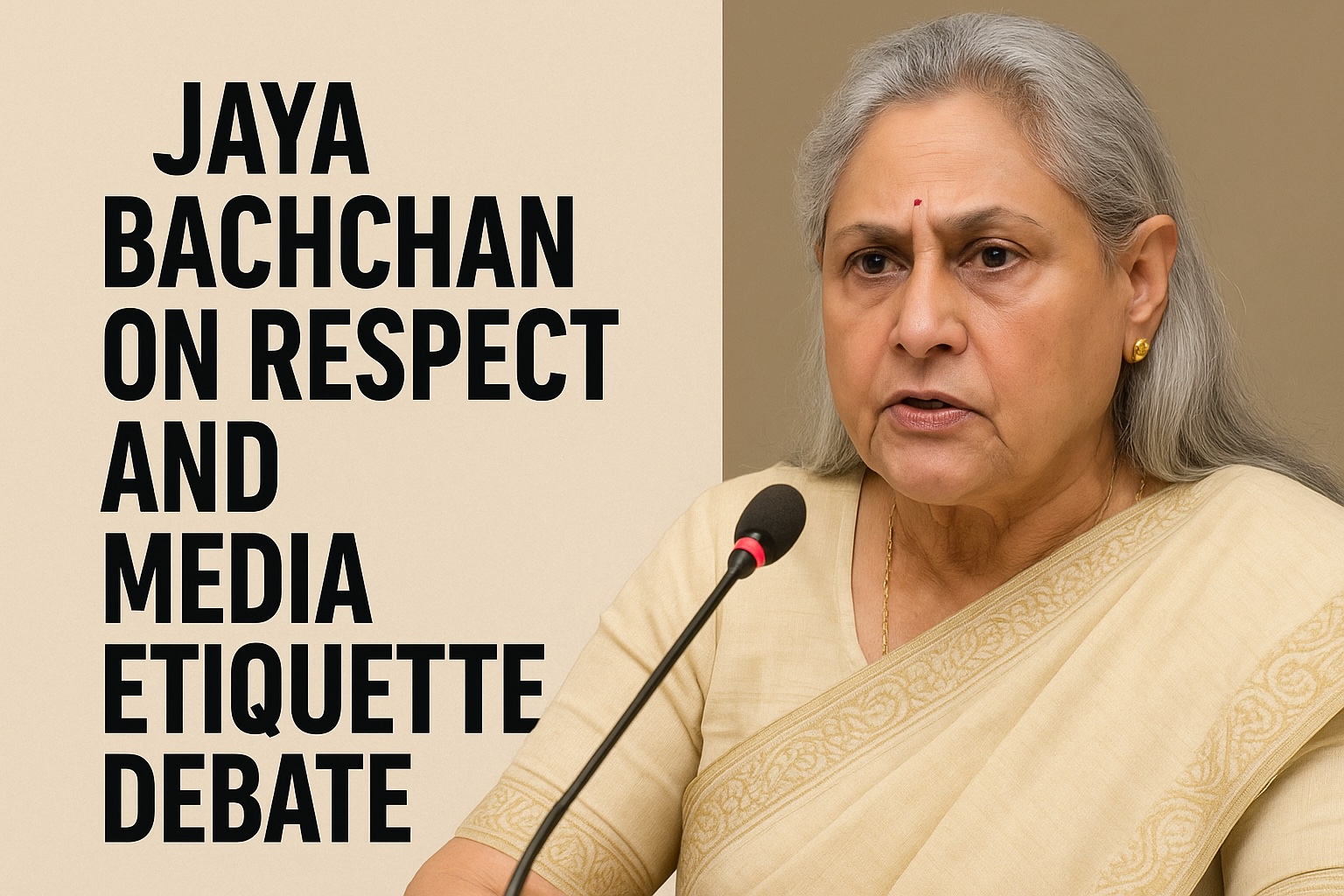If anything sets apart Bollywood from other film industries over the world, it is our unique dance-and-song routine.
Bollywood has long been stereotyped for characters bursting into songs in the middle of a perfectly normal setting, going to various exotic locations (teleportation at its best!) and how they manage to sing perfectly thought over lyrics and tap their feet and sway their bodies along with hundreds of background dancers miraculously mushroomed!
However critical is the world of our “unreal” depictions, we know for sure that songs have not only become a part and parcel of our movies but also our lives… film songs are our attitude, our moods, our perspectives, our desires, our emotions…
This trend had originally been lifted off the stage where regional theatre in Maharashtra and Bengal were using musicals to their best and with the first talkie, ‘Alam Ara’, music entered into the film world.
From buying records to listening for long hours to the radio, from countdown lists to being able to watch entire videos on television to the most recent of all, music awards, the involvement of songs in our lives has constantly been on the rise.
For this we are highly indebted to our lyricists who managed to weave a different world through their words; an ethereal world of love, hope and compassion. And if there is to be any answer to why our filmy songs manage to strike a chord, it is the lyricist’s secret, the ability to sense the pulse of the common man and of the prevailing culture.
Lots has changed, as it must.
In earlier times, song lyrics were of a “shayari” nature not easily understood by the audience. From the classical Hindi or Urdu lyrics, lyricists have now started to use more everyday language and this is a mix of various languages. “Aamhi Shotti Bolchi” (Bengali) in ‘Kahaani’ or the use of words like Fevicol or “What’s my name?” in recent item numbers, the use of Gujarati and Punjabi phrases like say “Kem cho, majja ma?” or “Paani da rang”, or “Chak De!” are proof this global language trend.
Humour is the essence of life and Bollywood lyricists have not forgotten this by any means. Of the most memorable comic songs from the earlier times we have “Ek Chatur Naar Badi Hoshiyar”, “Mera Joota Hai Jaapani” and “My Name is Anthony Gonsalves”. These songs have lyrics that are funny in their own right and the use of expletives is definitely missing! In contrary to this, the comic songs of today have explicit language or terms considered unparliamentary until recently but have resulted in a roaring response from the audience: “Pappu Can’t Dance, Saala”, “Pyaar Ki Pungi Baja Kar” and “Volume Kam Kar, Papa Jag Jayega!” among scores of other songs.
Who is next to God? Mumma!
A number of songs have been written over the relationship between the child and mother. In the previous times, the lyrics compared mother to God and spoke of how great a person she was: “Maa Teri Surat Se Alag” and “Tu Kitni Achhi Hai”. The relationship between the mother and her offspring will never change but our lyricists have come to a stage where they describe the innermost feeling and fears of the character about the beloved mother. In ‘Taare Zameen Par’, the song “Maa” states the inner most feelings of a child “yuun to main dikhlaata nahi, teri parwaah karta hoon main maa” and in the song “Mumma” from ‘Dasvidaniya’ is on a similar note, “duniya mein jine se jyada uljhan hai maaa, tu hai amar ka jahan…”
Friendship is eternal’ so say our Bollywood songs. The most iconic songs on friendship include “Yeh dosti Hum Nahin Todenge…” from ‘Sholay’ and “Yaari Hai Imaan Mera” form the film Zanjeer. (Curiously enough a lot of our Friendship songs star Amitabh Bachchan.) As I read through the lyrics of these songs, I realised that in previous times, the lyrics were such that they would describe Friendship on a very ethereal scale; “Imaan”, “Zindagi”…
Friendship today, on the other hand, is more based in this life. It is about the need for friends, the refusal to separate and the futility of parting: “Koi to ho raazdaar, Begaraz tera ho yaar…Koi to ho raazdaar…”, “Jaane nahin denge tujhe, Jaane tujhe denge nahin…Chaahe tujhko rab bulaa le, Hum na rab se darrne waale, Raahon mein dat ke khade hain hum” and “Dil chahta hai…Hum na rahe kabhi yaaron ke bin…”.
Friendship brings us to team effort, motivation and Bollywood has lots to offer even in that respect. Formerly, motivational lyrics spoke of world accepted beliefs or told stories of those who had achieved their goals: “Ek Din Bik Jaayega Maati Ke Mol”, “Ruk Jaan Nahin Tu Haar Ke”, “Zindagi Ek Safar” and “Gadi Bula Rahi Hai” are all highly metaphorical in nature in contrast to “Jo Jeeta Wo Sikandar”, “Roobaroo” or “Aashayein” or even “Wake Up Sid” which are metaphorical but also point out to the audience the exact course of action.
Who doesn’t want to revisit childhood? And the best medium would be the mesmerizing Bollywood songs that bring with them the scent of childhood. In the past children’s songs were mostly about playing around a story or a fun situation but today they are more about the child’s psyche: “Lakadi Ki Kaathi”, “Chun Chun Karti Aayi Chidiya” and “Echak Dana, Beechak Dana” preceded by “Nanhe munhe bachche teri mutthi mein kya hai…Mutthi mein hai takdir hamari!” from the 1954 movie ‘Boot Polish’. In the most recent times one may recollect songs from ‘Taare Zameen Par’ that spoke about the psyche of “Ishan”: “Akela nahi main khuli aankhon se nind mein chalta girta jyaada, kam sambhalata…”
Romance and Rain go together. The torch bearer songs of this collaboration would be “Ek Ladki Beegi Bhagi Si”, “O Sajanaa Barkha Bahaar Aayi” and “Rimjhim Gire Saawan”. These songs from the golden age of Bollywood are songs that are a very soft conversation between two people in love, they are subtle, no direct mentions. Conversely, “Tip Tip Barsaa…”, “Yoon Jo Baras Baras kali Ghata Barse..” and “Yeh Saazish Hai Boondon Ki” make for direct acceptance of a romantic relationship.
For those who believe item numbers are a creation of today, I must say that item numbers came almost instantaneously with the advent of Bollywood in the 1950s. They were definitely on the same lines as today’s item songs but were not often hauled up for a negative influence: “Man dole mera tan dole”, “Hothon Pe Aisi Baat”, “Yeh Mera Dil” v/s “Choli Ke Peeche”, “Chamma Chamma”, “Main Aayi UP Bihar Lootne” v/s “Sheila”, “Munni” and “Halkat Jawani”.
The society changed and so did sensibilities and means of expression. Our Bollywood poets have proved thier mettle by being able to overcome the barrier of time fast changing and a big thanks to them for having given us songs that are now an integral part of our very being…





